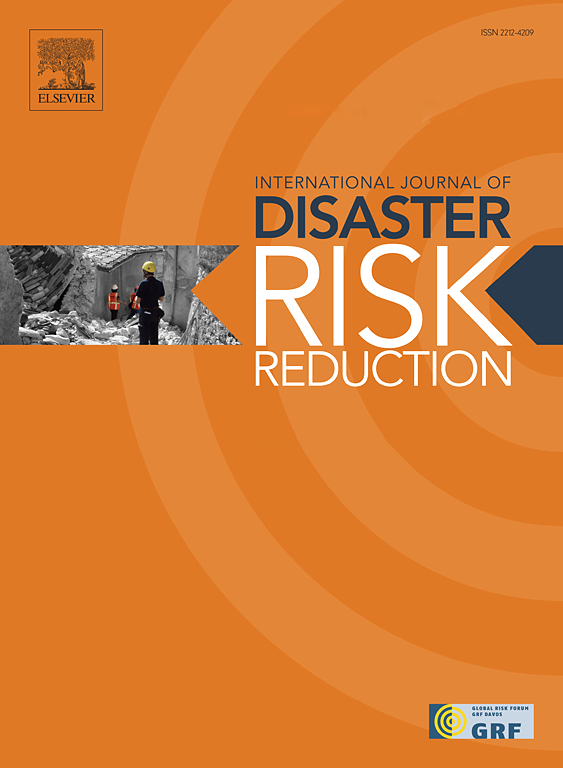Published online: March 2021
Authors: Dilli Prasad Poudel, Ph.D.
Available at: https://doi.org/10.3126/gjn.v14i0.35547
ABSTRACT
Illustrating Community Forestry (CF) of Nepal, this article discusses the concept of ‘institution’ through the perspectives of the phenomenology of Peter Berger & Thomas Luckmann (1966), the structuration theory of Anthony Giddens (1984), and the conception of institution as people-nature relations. Phenomenologists concentrate on the structures of consciousness as individuals experienced and expressed while turning an objective world or phenomenon into a subjective one through objectivation, internalization and externalization/ institutionalization process. The structuralist holds that the creation of an institution is a reproduction of interaction between structures and actors. And other theorists (e.g., Leach et al., 1999; Ostrom 2005, 2009; Gupta et al., 2010; Young, 2010) consider that institutions for natural resources conflate with social institutions and mediate their relations. Although these theories are not explicit epistemologically in a pragmatic sense, they have indicated language, rules, (embedded) practices and knowledge are the referential artifacts of institutions. These theories are found applicable in the institutionalization/socialization history of CF as it had gone through the social rejection (i.e, objectivation) during the 1970s, internalization during the 1980s, and socialization of it during and after the 1990s. The socialization of CF after the 1990s was due to the formation of CF as a social space (a ‘structure’ or ‘institution’) to discuss social and environmental issues into one place where forest dependent users (‘actors’) rationalize the use of forest and its conservation for local environment in a more pragmatic sense (i.e., mediate people-nature relations). An institution for natural resources is, therefore, the combined perspectives of phenomenologists, structuralists, and those who think institutions as a mediator of people-nature relations. Thus, an institution is political (i.e., relations and interactions) and ecological/economic (i.e., access to natural resources, livelihood practices).







